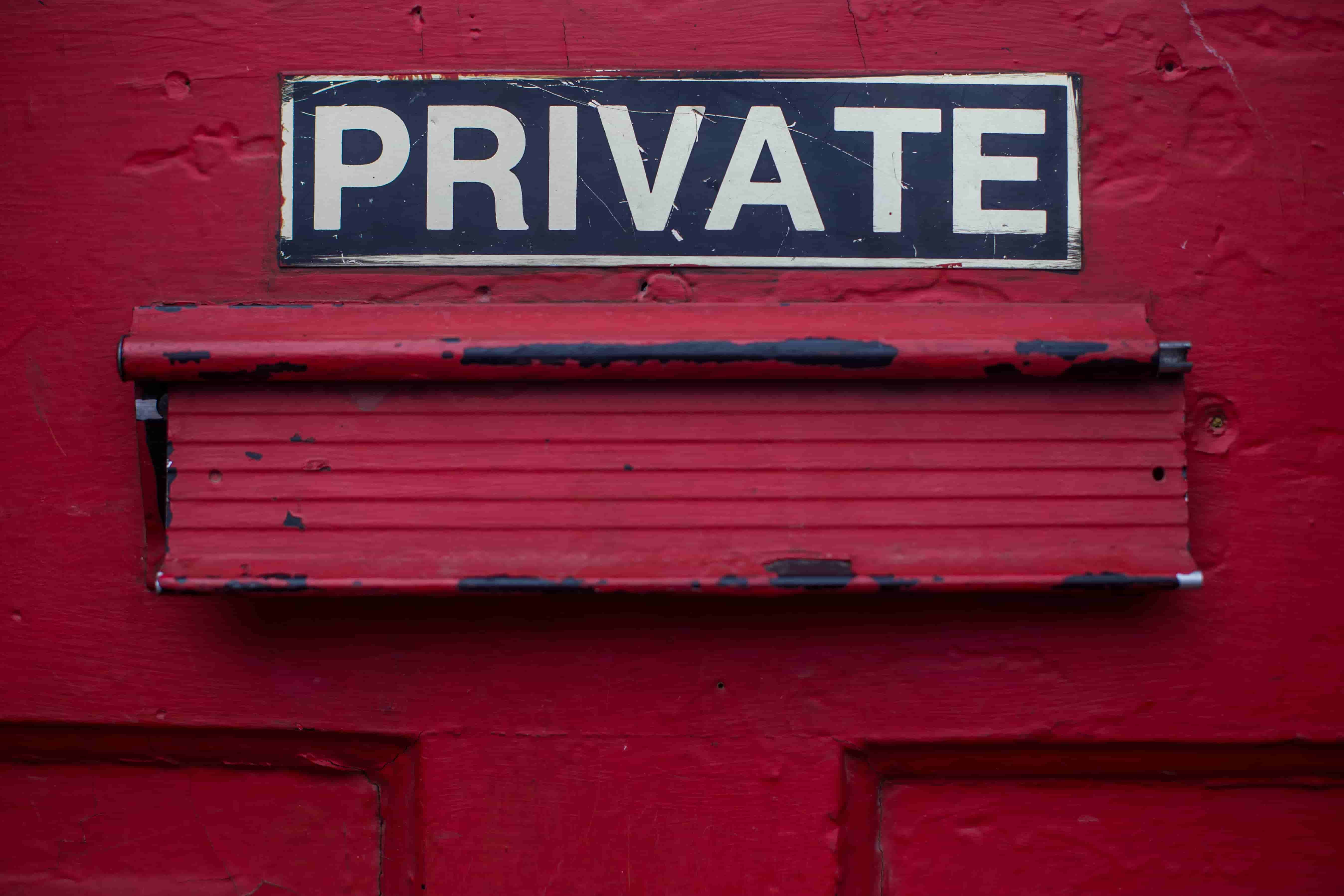Every day businesses handle a whole host of sensitive information. As a business, you'll have access to credit card details, the home addresses of your employees and proprietary company data that's not meant for the outside world. Day-to-day you'll discuss sensitive matters in meetings, via email and in person; while this is necessary to keep things moving, responsibly protecting all this sensitive data should be your top priority.
When it comes to keeping a record of the sensitive discussions that are digitally recorded, businesses have to ensure the highest levels of security and sensitivity. That means when you're transcribing the minutes from a confidential meeting with a member of staff, for example, you need to take every possible measure to make sure that recording and the subsequent transcribed file isn't accessible to anyone other than those involved.
Put simply: outsourcing the transcription of sensitive material is not an option.
Transcribing meetings, hearings and other important audio is all part of business, so it's time to do it right. When it comes to important data, the human touch isn't the best route to go down. As with all things, human error can lead to the breach of all kinds of confidentiality laws, while putting your business at risk. If a third-party transcriber types up a top-secret meeting about the new strawberry flavor of Coca Cola, for example, could they be trusted not to spread the word of this new product before it's released? And when it gets a little closer to the workplace, could a human transcriber keep quiet about a personal issue of a colleague? We hope so, but you can never be sure. Compliance with security and privacy laws is no joke.
Keeping your transcription projects that work with sensitive information in-house is key. But how can you be sure that only the people with the correct level of security access see these documents? 'For your eyes only' and a 'need-to-know basis' mean exactly that, so limiting exposure to the content of sensitive meetings is essential.

Letting automation and AI take the wheel on your transcription projects is a great way to transcribe highly sensitive material with highest security. With Trint for Enterprise you can keep security of your sensitive audio watertight, harnessing the power of automation and artificial intelligence to transcribe for your records.
Here are the details of how Trint protects important data
Compliance with security regulations - and respecting the privacy of issues that aren't governed by regulation or law - doesn't need to be expensive. Outsourcing is time-intensive and costly to your bottom line, and giving up the time of your employees to manually take on your transcription tasks isn't a good use of their time or paycheck. You could, of course, hire someone specifically for the role, but that would come at a much higher price than investing in an intelligent platform like Trint, and it would still put data in the hands of unnecessary people.

Trint integrates seamlessly with your enterprise platforms and provides security and access controls that you need to keep data secure. We've built our tech from the ground up to make your transcription projects as easy as possible, saving you time and money and keeping your records in check. And for those times when you need to collaborate on the transcription of sensitive material, or oversee the transcription project as it unfolds, Trint's collaboration tool is a handy addition - you and your team can edit and review transcripts as they happen, an invaluable advantage for colleagues working together on sensitive items.
Read Trint's data security policy
As many businesses know, your recorded conversations, meetings and other content can be quite specific to your business. Thankfully, Trint's Vocab Builder is designed with this in mind - you can add custom words and entries and Trint will transcribe them right the next time. Thanks to Vocab Builder you can trust Trint to record sensitive information properly and accurately; and since Trint creates fully searchable and editable transcripts, you can make tweaks and additions wherever necessary.
Only allow certain people in your organization access to sensitive data. Keeping the pool of people small will help contain any potential leaks.
Thanks to new legislation like the GDPR, your business can face severe penalties for the mishandling of sensitive customer data - be sure to read up on the privacy laws and regulations in your territory.
Take advantage of digital security software to keep your sensitive files out of the reach of prying eyes. You can also take simple steps to make sure the information you control doesn't get into the wrong hands, like locking your computer when you're not at your desk and protecting it with a password.